For many years, Trukhanov was a member of a pro-Russian political party founded by Viktor Yanukovych, Ukraine’s former president who was ousted from his position in 2014 after protests roiled the country. Ukraine exiled the party after Russia’s invasion, and Yanukovych is now reportedly living outside Moscow, where he fled after Ukrainians demanded he leave office.
Trukhanov, who is known to carry a pistol, has called the Russian invaders “bastards” and “scum” since the start of the war. He did not equivocate about what label to use for residents of Odesa.
“Odesa residents are united, and they are called Ukrainians,” the mayor said. “Everyone has come together to face our adversaries, to face Russia.”
Russia seems to have come to that same conclusion.
The city was plagued with missile strikes last week, which could signal the Kremlin’s fury that Odesa — previously considered a Russian “imperial spirit symbol” — has turned its back on Russia, said Serhiy Bratchuk, the spokesperson of the Odesa Oblast Military Administration.
The sinking of the Russian flagship Moskva and recent successful attacks on Snake Island both occurred within the administrative region and were celebrated by those who live here.
“Odesa residents are not behaving as expected. This causes, of course, revenge, anger,” Bratchuk said.
A jewel prized by Russia
Odesa appears to remain an object of conquest for Russia. The city, a commercial power on the country’s southern coast, is essential for Russian President Vladimir Putin to rebuild Novorossiya — a term that refers to a stretch of land in the Black Sea region, including Crimea, that was conquered by Russia in the 18th century.
Encompassing about a third of modern-day Ukraine, it is considered by Moscow and many in Russia to be the beating heart of the former empire. The term means “New Russia” and has been used as a rhetorical dog whistle by Putin to refer to land in Ukraine’s south and east that he said belongs to Moscow. To regain all of Novorossiya, which Putin referred to in a fiery speech delivered in mid-April, Odesa would need to be under the Kremlin’s thumb.
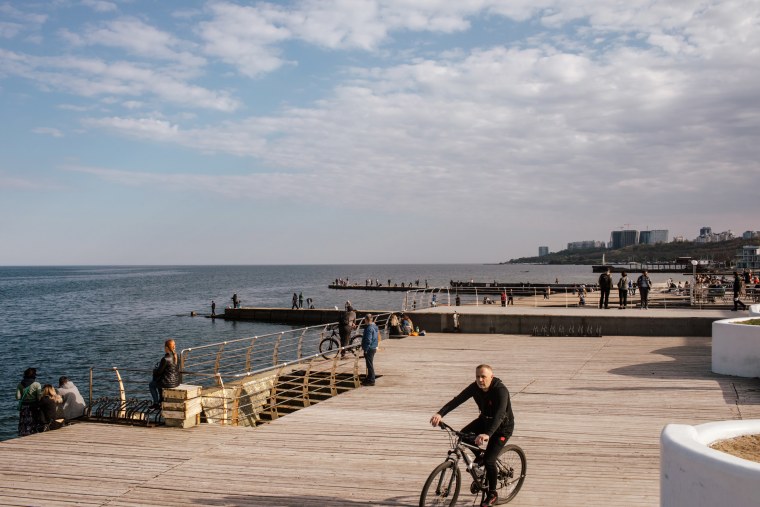
That is still the Russian military’s goal as it continues to press along the southern coast, though Ukraine’s soldiers have stalled it outside the city of Mykolaiv, about 80 miles east of Odesa.
Putin mentioned Odesa specifically in a speech just days prior to the invasion. He spoke contemptuously of and promised to “punish” residents who clashed with pro-Russian forces here in 2014, killing nearly 50 people.
Those who spoke to NBC News said there are likely some in Odesa who still hold pro-Russian views, but they are no longer very outspoken. Still, local authorities have arrested alleged saboteurs, especially in the run-up to the anniversary of the 2014 clash between pro-Russian and pro-European forces.
“They are still here, but they are a minority,” said Petro Obukhov, a city council member who challenged Trukhanov in the last election on a pro-European platform. “They will stay quiet because they understand that this is Ukraine. There is nothing they can do.”
‘To be Ukrainian’
The shift in Odesa toward adopting a clearer Ukrainian identity appears to be underway, particularly among younger people who are further defining this city’s powerful art and culture scene.
For Elena Pidopryhora, executive director of Odesa’s Center for Contemporary Art and Culture, the question of Russian identity over the past eight years has defined her life. Originally from Donetsk, she happened to be in Odesa when Russian proxies took over home and forced her to stay here. She has yet to return.
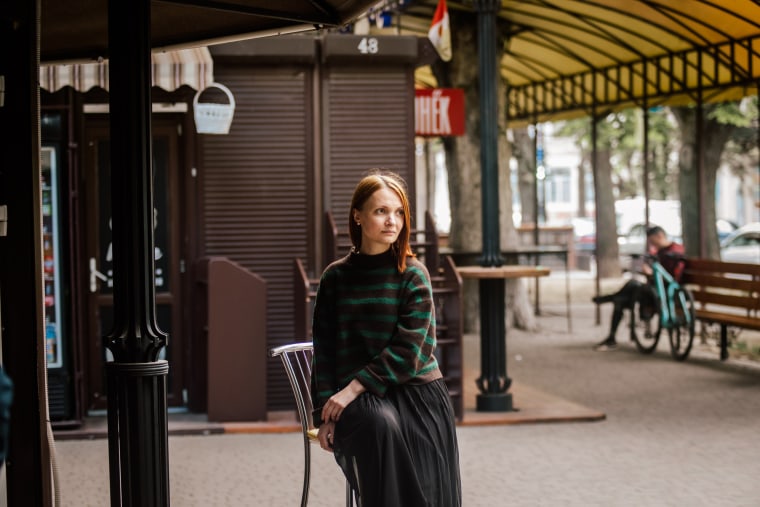
Pidopryhora is now working on the application for Odesa’s city center to become a UNESCO World Heritage Site, and she’s pushing for Ukrainian art and culture to be recognized as distinct within the country as well as internationally. She said she knows she “can’t change Odesa’s views alone” but hoped this moment had led to a greater effort “to reshape it, rethink it.”
“Of course there is a great influence of Russian culture. I thought that was OK until the war,” Pidoprhyora said, sitting on a bench in Odesa’s once-bustling open-air Books Market. “I think there will be big changes here in Odesa to be more Ukrainian, to add to the context of Ukraine.”
Though the city has long been a Russian-speaking enclave, some, like Pidoprhyora, are even trying to change that. The war has many more in Odesa working to speak Ukrainian, essentially a second language to some, even if it comes out poorly.
Viktoriia Hrubuyk, 28, has spoken Russian all her life, but she said she is working on speaking only Ukrainian to show her commitment to her country. It can be awkward at times, as many residents still speak Russian, but she doesn’t care.

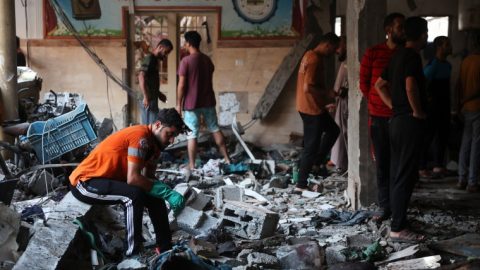
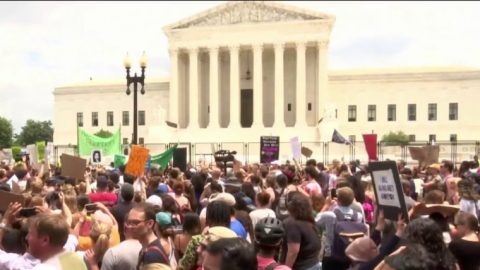
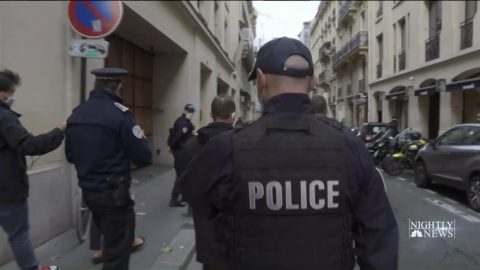
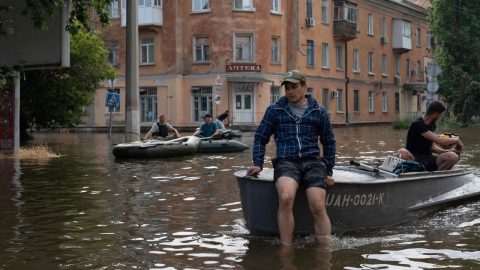
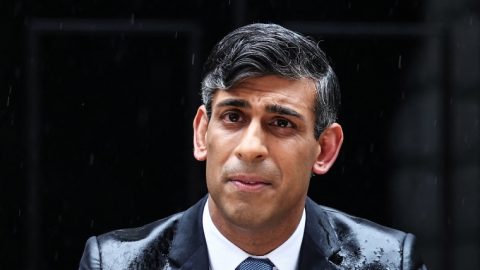
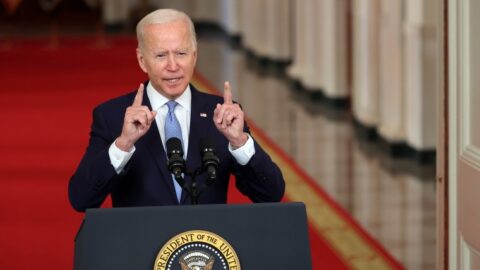
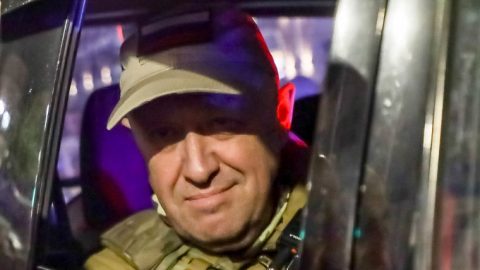
Recent Comments